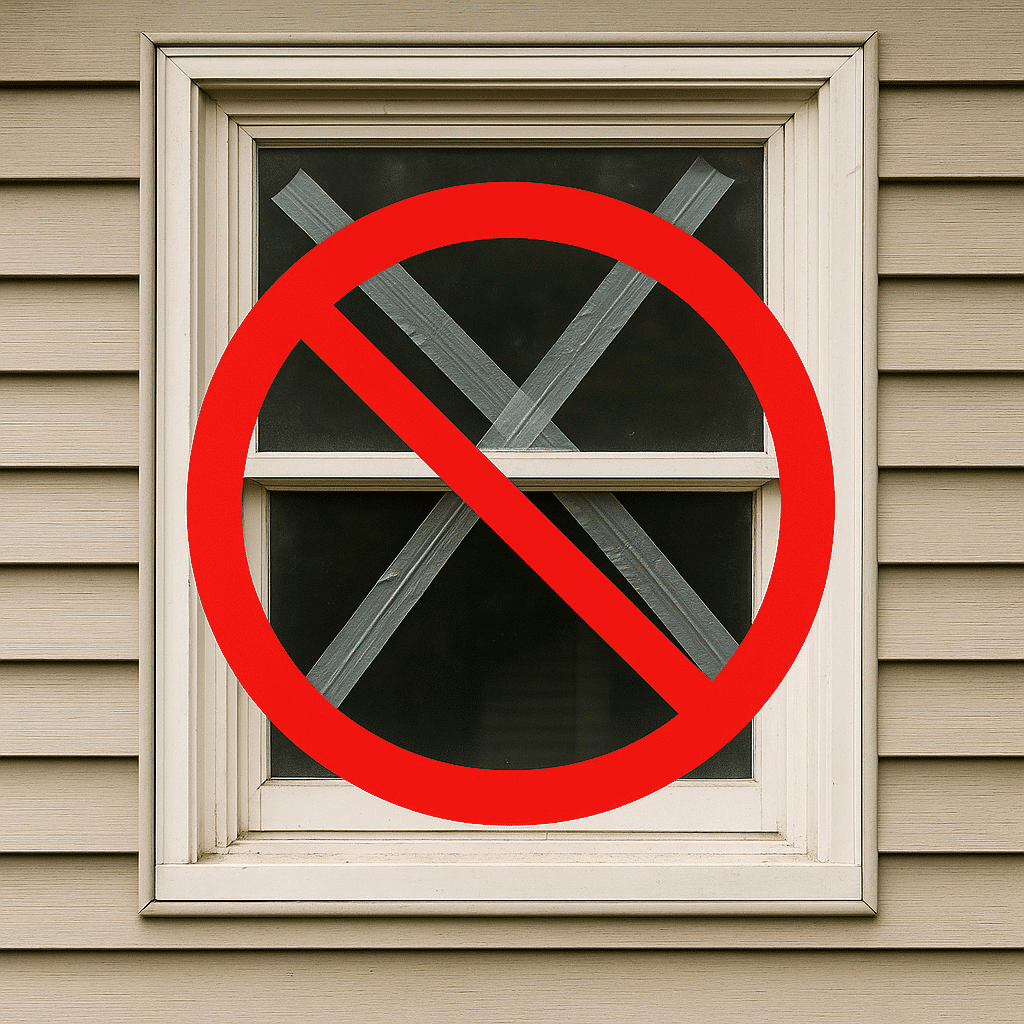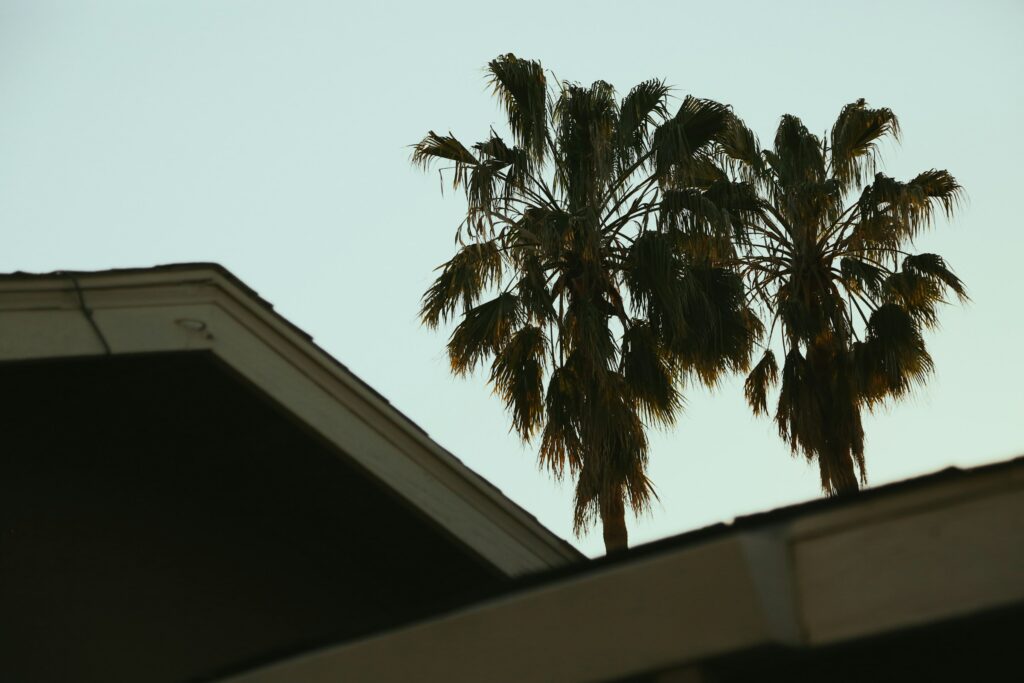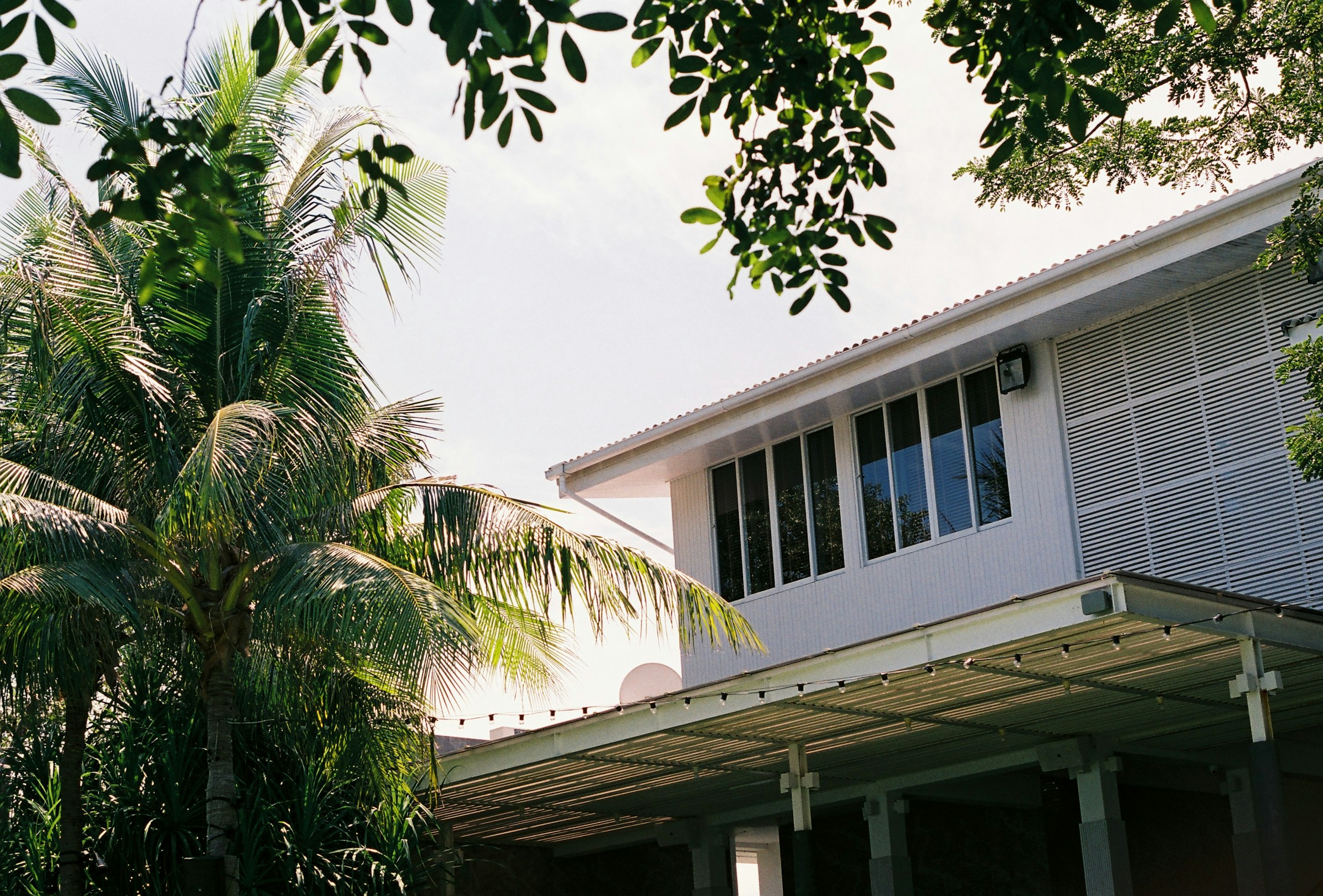
Florida’s building codes are among the strictest in the country when it comes to hurricane protection. If you're planning to replace your windows—or build a new home—understanding the rules around impact-resistant windows is critical for staying compliant and keeping your home and family safe.
What Are Hurricane Impact Windows?
Hurricane impact windows are designed to withstand the high winds and flying debris common in Florida’s tropical storms and hurricanes. These windows are typically made with laminated glass, which sandwiches a durable interlayer (usually PVB or SGP) between two panes of glass. Even if the outer layer cracks, the interlayer keeps the window intact and prevents dangerous shards or breach.
Impact windows may also feature strong frames (usually aluminum, vinyl, or composite), reinforced hardware, and tested seals to hold up under pressure.
Do All Florida Homes Need Impact Windows?
Not necessarily—but many do. Florida's 8th Edition Building Code (2023) mandates that homes in designated Wind-Borne Debris Regions (WBDRs) must have either:
-
Impact-resistant windows, or
-
Approved hurricane shutters to protect standard windows
If you live in a coastal area or anywhere the basic wind speed reaches 140 mph or higher, your home likely falls within a WBDR.
In High Velocity Hurricane Zones (HVHZ)—which include Miami-Dade and Broward Counties—impact windows or hurricane-approved shutters are required by code for all new construction and many renovation projects.
Testing Standards for Compliance
To ensure hurricane windows perform under pressure, Florida recognizes specific product testing protocols. The most common and trusted certifications include:
-
ASTM E1886/E1996: This national standard simulates flying debris followed by high wind pressure cycles.
-
Miami-Dade TAS 201, 202, and 203: These are regional test protocols with stricter criteria, required for HVHZ approval.
Products that pass these tests are labeled as impact-rated and are typically included in the Florida Product Approval database or have a Miami-Dade Notice of Acceptance (NOA).
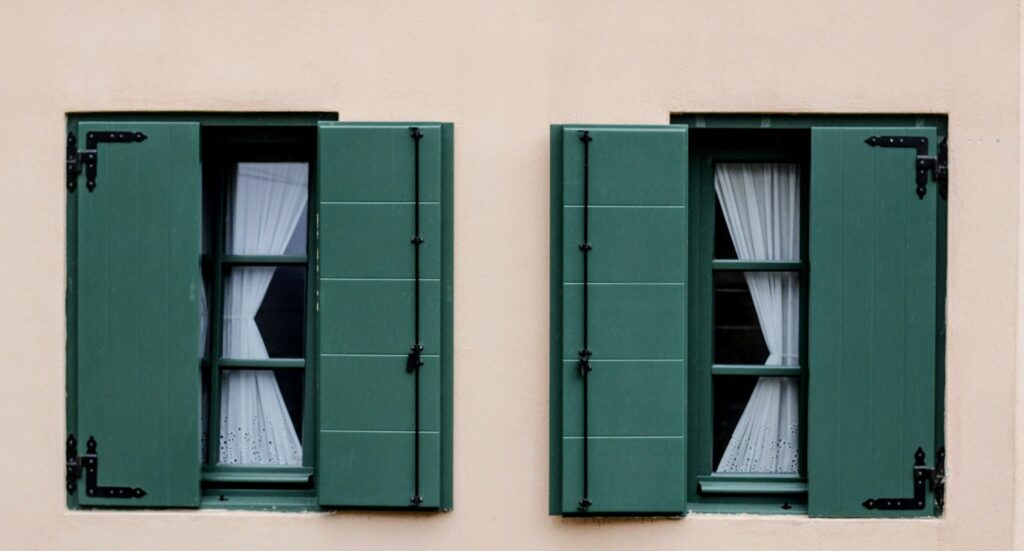
Can I Use Shutters Instead?
Yes—shutters are a code-compliant alternative to impact windows. Approved options include:
-
Roll-down shutters
-
Accordion shutters
-
Storm panels
These must be permanently installed and must also pass ASTM or TAS impact tests to qualify. Temporary solutions like plywood are only allowed during emergencies and are not acceptable as a permanent installation.
Why Not Just Stick With Shutters?
While shutters offer protection, impact windows provide continuous, always-on defense without needing last-minute setup. Other benefits include:
-
Enhanced energy efficiency
-
Improved sound insulation
-
Better UV protection
-
Increased resale value
They also qualify many Florida homeowners for insurance premium discounts, especially with a certified wind mitigation inspection.
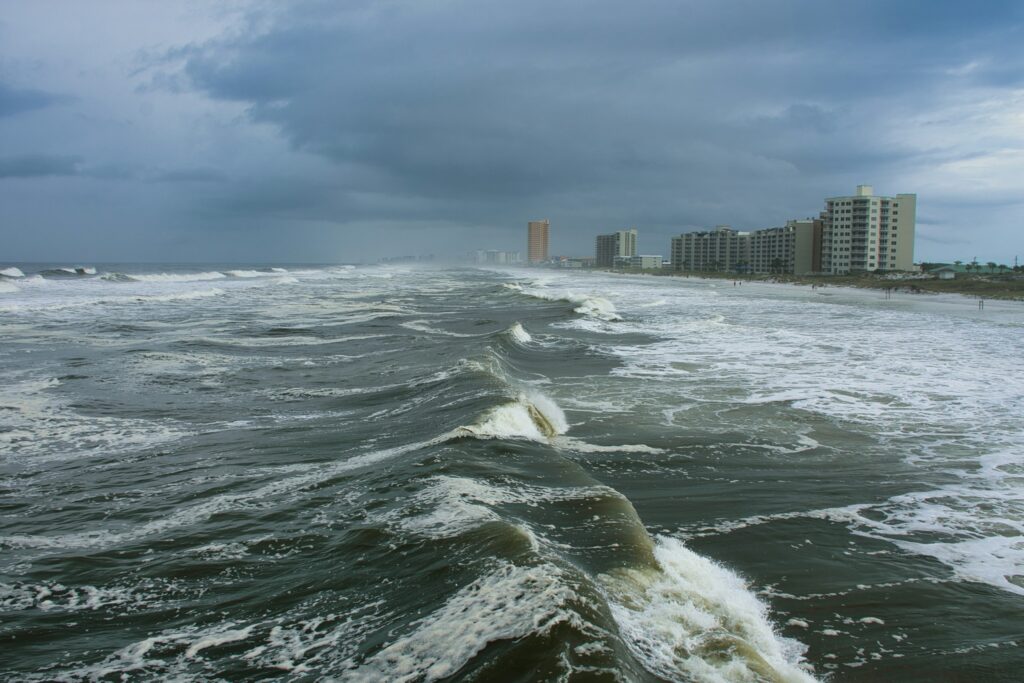
The Bottom Line: Are Impact Windows Required?
-
Yes, if you're in an HVHZ (Miami-Dade, Broward)
-
Yes, if you're in a WBDR and not using code-approved shutters
-
No, if you're outside a WBDR or using compliant shutters instead
To determine your exact requirements, check your property's location using the Florida Building Code Wind Maps or consult your local building department.
Work with a Florida-Based Expert
If you’re unsure whether your home needs hurricane impact windows—or what products are approved for your county—work with a contractor who understands Florida’s building code inside and out. FHIA Remodeling has helped over 100,000 homeowners across the state install compliant, stylish, and storm-resistant window solutions.
Contact us today to schedule a free consultation and find out whether hurricane impact windows are right for your home.
70% off Installation
18 months no interest no payments



